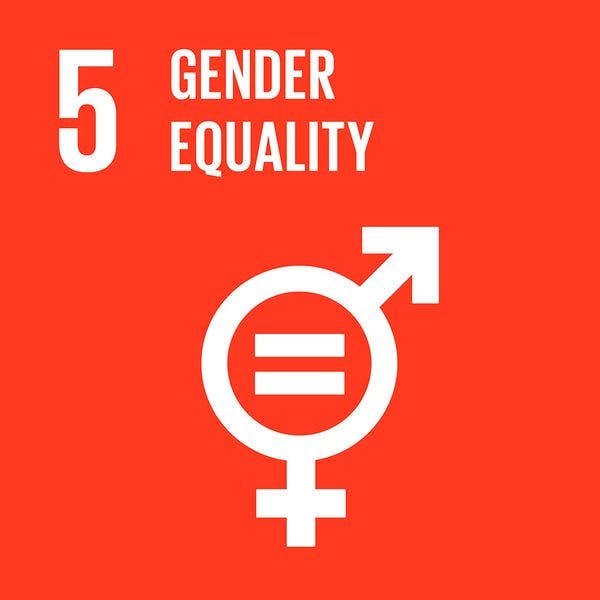Apporter un appui commun à l’intégration de la dimension de genre dans la mise en œuvre de l’Agenda pour le développement durable
Cet événement, organisé en marge de la CND en Décembre, indique un intérêt croissant pour mettre fin aux difficultés auxquelles sont confrontées les femmes incarcérées pour délits de drogues. Pour en savoir plus, en anglais, veuillez lire les informations ci-dessous.
Abonnez-vous à l'Alerte mensuelle de l'IDPC pour recevoir des informations relatives à la politique des drogues.
On December 2nd, the CND together with the Commission on the Status of Women organised a side event to the 59th Reconvened Session of the CND.
The event was chair by Mexican Ambassador Alicia Buenrostro (in the absence of Norwegian Ambassador Bente Angell-Hansen), who opened the event with a complete summary of the overlaps of SDGs and CND work, including the implementation of the CND resolution on gender, regarding points 5 and 6 on alternatives to incarceration.
The panel started with a video message by Thai Princess Bayakityabha Mahidol who addressed gender inequality and its relation to the incarceration of women for drug offences.
After that, Ambassador De Aguiar Patriota, Chair of the Commission on the Status of Women, highlighted the relations between the ECOSOC and the various UN Commission in the implementation of SDGs agenda.
He was followed by Christine Brautigam, Director of Intergovernmental Support of UN WOMEN, who summarised the work of the UN agency and the strategy to implement Goal 5 on Gender Equality. She demanded achieving better UN coherence in gender issues and also highlighted the need to improve the statistics with a gender perspective.
Mr. Aldo Lale-Demoz presented some of the gaps in the way women related issues are addressed by drug policy. First expressing that 1 in 3 drug users are female, but only 1 in 5 people in treatment are women, showing some barriers that women experiment to access to treatments, like child care, re-victimization and stigma). In relation to that, he mentioned that only 5% of the available treatments include special services to pregnant women or women victims of traumas.
Luciana Pol from CELS presented the work of the group on Alternatives to Incarceration for Women in Prison for Drug Offences. She referred to the global trend of growing incarceration of women and its relation to punitive state responses to drugs. She also showed the photo-essays made by the project and profile of women in prison.
The event was very well attended with the presence of Ambassadors (Germany, Portugal -CND Chair-, Mexico) and delegations from numerous countries.
Keep up-to-date with drug policy developments by subscribing to theIDPC Monthly Alert.
Thumbnail: United Nations
